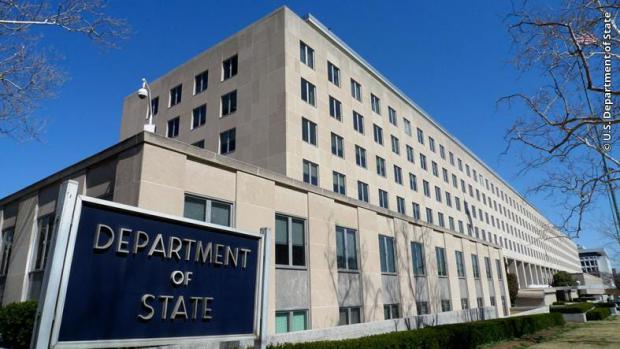
Breaking News
DRINK 1 CUP Before Bed for a Smaller Waist
 Nano-magnets may defeat bone cancer and help you heal
Nano-magnets may defeat bone cancer and help you heal
 Dan Bongino Officially Leaves FBI After One-Year Tenure, Says Time at the Bureau Was...
Dan Bongino Officially Leaves FBI After One-Year Tenure, Says Time at the Bureau Was...
 WATCH: Maduro Speaks as He's Perp Walked Through DEA Headquarters in New York
WATCH: Maduro Speaks as He's Perp Walked Through DEA Headquarters in New York
Top Tech News
 Laser weapons go mobile on US Army small vehicles
Laser weapons go mobile on US Army small vehicles
 EngineAI T800: Born to Disrupt! #EngineAI #robotics #newtechnology #newproduct
EngineAI T800: Born to Disrupt! #EngineAI #robotics #newtechnology #newproduct
 This Silicon Anode Breakthrough Could Mark A Turning Point For EV Batteries [Update]
This Silicon Anode Breakthrough Could Mark A Turning Point For EV Batteries [Update]
 Travel gadget promises to dry and iron your clothes – totally hands-free
Travel gadget promises to dry and iron your clothes – totally hands-free
 Perfect Aircrete, Kitchen Ingredients.
Perfect Aircrete, Kitchen Ingredients.
 Futuristic pixel-raising display lets you feel what's onscreen
Futuristic pixel-raising display lets you feel what's onscreen
 Cutting-Edge Facility Generates Pure Water and Hydrogen Fuel from Seawater for Mere Pennies
Cutting-Edge Facility Generates Pure Water and Hydrogen Fuel from Seawater for Mere Pennies
 This tiny dev board is packed with features for ambitious makers
This tiny dev board is packed with features for ambitious makers
 Scientists Discover Gel to Regrow Tooth Enamel
Scientists Discover Gel to Regrow Tooth Enamel
 Vitamin C and Dandelion Root Killing Cancer Cells -- as Former CDC Director Calls for COVID-19...
Vitamin C and Dandelion Root Killing Cancer Cells -- as Former CDC Director Calls for COVID-19...
How the U.S. State Department Spends Millions of Dollars To Coordinate Western Media...

It is trivial to claim that the press are biased. Everybody says it.
In particular, one hears that the press are biased towards the left, but this is incomplete. In fact the press advance a very specific political line that is less undifferentiated leftism than it is establishment progressive liberalism. In Germany there are Marxist publications, like Junge Welt, which lie substantially to the left of the media liberal programme, and there are of course various traditional or conservative publications that outflank it on the right. Institutional media is not just "as left as possible," but rather a carefully calibrated centre-left internationalism.
I think about this a lot, because reading the press is more than half of my job as a blogger. It is the only thing that I do each and every day. I don't always watch broadcast media, because I much prefer the written form; and I don't write every day, whether because circumstances intervene or because my writing muscles need a rest or because the ideas I'm developing are not yet ready for the wider world. But, I do read the press every day. I probably read thousands of articles every month, and it is impossible to do all of this reading without getting slightly creeped out. It is amazing how such a wide range of diverse publications, across different regions and countries, can maintain nearly identical messaging on such a wide range of issues. I also find it curious how they manage to change direction in tandem – within literally hours of each other – when as so often it comes time to sing a new tune.
The problem here is simple: How do you maintain this discipline in a decentralised system, across hundreds of different publications all claiming editorial independence? How do you keep literal state media like Deutsche Welle, public media like Norddeutscher Rundfunk and private media like the Süddeutsche Zeitung all on the same page? We should not minimise what an achievement this is. Communist regimes like the DDR had relatively few press outlets, all of them controlled directly by state or party operatives. Their coordination was anything but mysterious. Western liberal democracies, on the other hand, have vastly more complex and decentralised media systems, but despite this they still manage high degrees of coordinated and even manipulated coverage.



